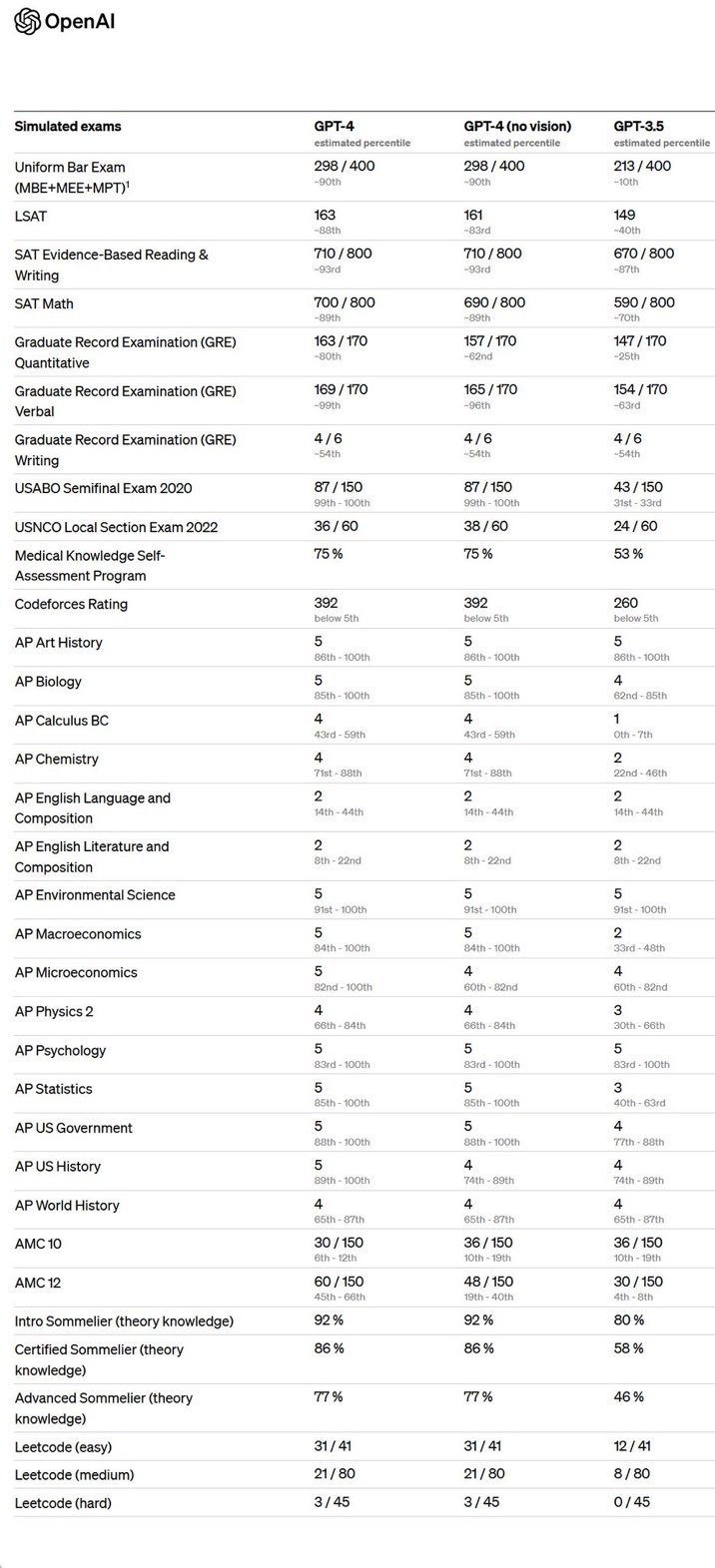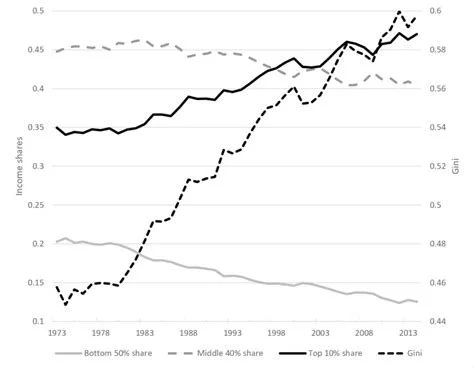The Enemy is Us
The whole problem with the world is that fools and fanatics are always so certain of themselves, but wiser people are so full of doubts. —Bertrand Russell
Now my heart is doubtful. The world changes, and all that once was strong now proves unsure. How shall any tower withstand such numbers and such reckless hate? —J.R.R. Tolkien
We become what we behold. We shape our tools and then our tools shape us. —Father John Culkin, SJ
Above: As above, so below.
Much like an insect in amber, we find ourselves stuck smack dab in the middle of modernity.
Neither good nor bad, this simply is alongside other realities such as gravity, taxes, and humidity.
Though modernity has brought many a miracle—you are reading these very words thanks to their transmission via satellite in space, on a device charged by electricity, powered by a microprocessor more advanced than Apollo 11's Computer—it seems that our advancement follows a predictable pattern of two steps forward, one step back.
For instance, take any technological breakthrough:
A screwdriver is both tool and weapon.
A syringe can heal and hurt.
Electricity courses through air conditioning units and electric chairs alike.
Nuclear power simultaneously holds the promise of limitless energy and complete armageddon.
As with most things, technology matters much less than the hand which wields it.
Alarmingly, it feels as though the collective hand of humanity is more volatile and reckless than ever before due to the extraordinary tools at our disposal. In this way, I feel as though progress—much like power—does not corrupt, but rather reveals. What this says about us as humans given the dire state of our world, I’m not quite sure.
All I know is that we as a species dance on an ever-narrowing tightrope to a rapidly-increasing beat. As the acceleration and velocity of our progress increases, our ability to make sense of what we make and how it can be used decreases.
The more we achieve, the less we reflect.
The less we reflect, the more we lose ourselves.
The more we lose ourselves, the more we risk our peril.
After all, the metaphorical Doomsday Clock sits at ninety seconds to midnight.
Every Napoleon has his Waterloo, even angels can fall, and multiplication by zero nullifies all.
Open AI’s recent release of its newest large-language model—Chat GPT-4—prompted the above rumination. Its powers are awesome in the literal sense of the term. The below graphic showcases its performance on a variety of simulated exams.
Read, gape, and weep.
Jeff Goldblum’s iconic rant in Jurassic Park seems eerily prescient:
So that our servants do not become our masters nor our tools our tyrants, we ought heed the past in order to avoid repeating it.
Lest humanity face ruin like Ozymandias of old, we must look within and get back to basics.
As I recently wrote:
[W]e are held together—mind, body, and soul—by four cardinal virtues: Prudence, Justice, Temperance, and Fortitude.
In fact, cardinal’s very etymology evidences their integral nature; it derives from the Latin cardo, meaning hinge. Literally and figuratively, these four simple virtues are pivotal. Without them, we would resemble more puddle than person, as useless as a door sans steadying hinges.
Just like the cardinal directions, they provide “a way in the wilderness and streams in the wasteland.” (Isaiah 43:19) Namely, answers to cavernous questions such as:
What do I do?
How do I act?
Who do I want to be?
As those questions linger, I leave you with the words of poet Rainer Maria Rilke:
Archaic Torso of Apollo
We cannot know his legendary head
with eyes like ripening fruit. And yet his torso
is still suffused with brilliance from inside,
like a lamp, in which his gaze, now turned to low,
gleams in all its power. Otherwise
the curved breast could not dazzle you so, nor could
a smile run through the placid hips and thighs
to that dark center where procreation flared.
Otherwise this stone would seem defaced
beneath the translucent cascade of the shoulders
and would not glisten like a wild beast's fur:
would not, from all the borders of itself,
burst like a star: for here there is no place
that does not see you. You must change your life.
You must change your life.
Ram Dass once said, “I can do nothing for you but work on myself. You can do nothing for me but work on yourself.”
At ninety seconds to midnight, it’s about time we each get to work.




